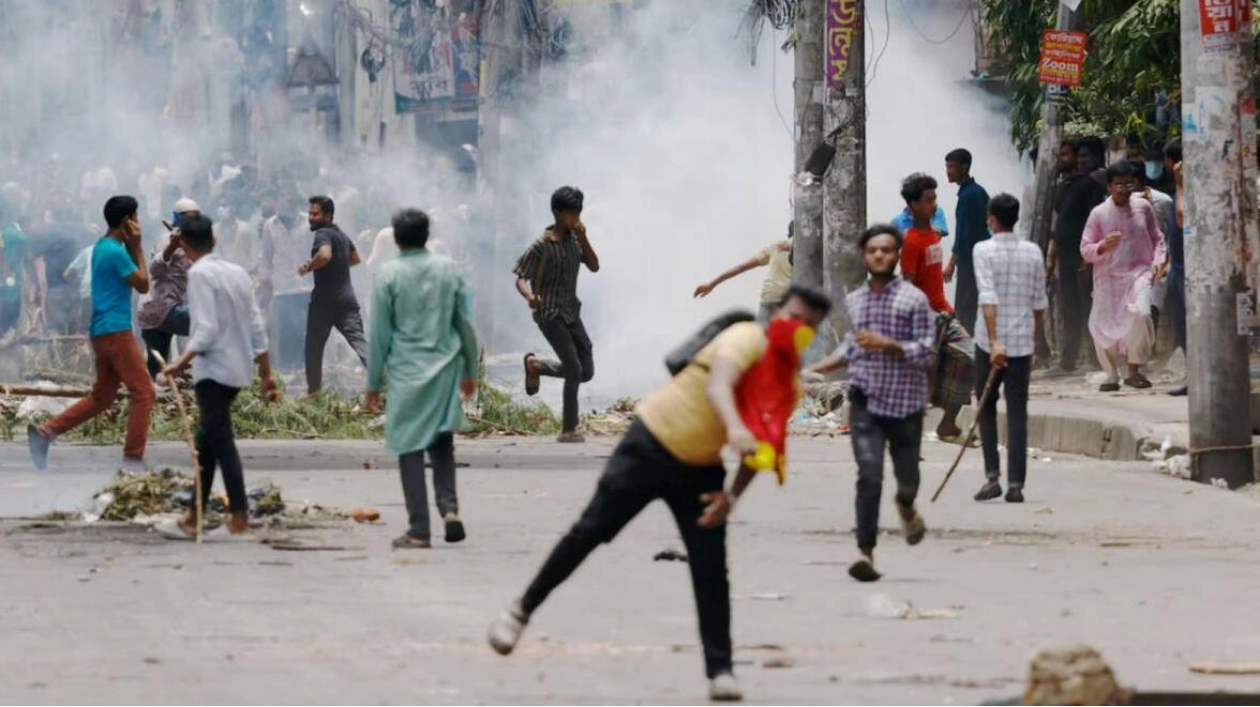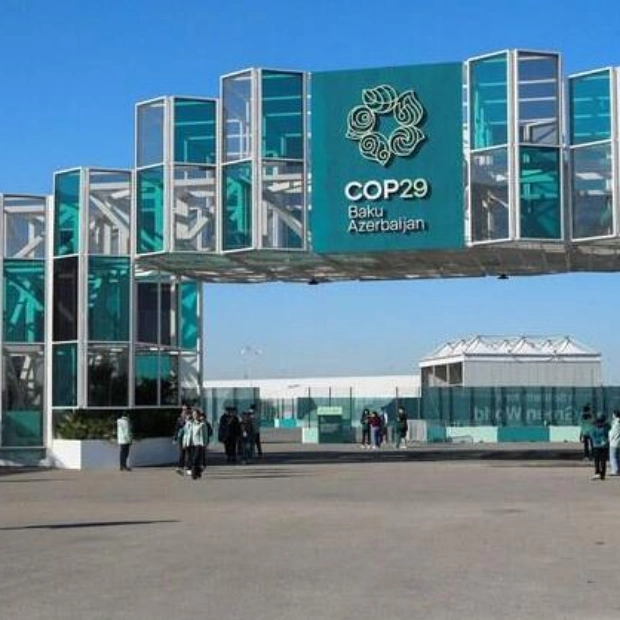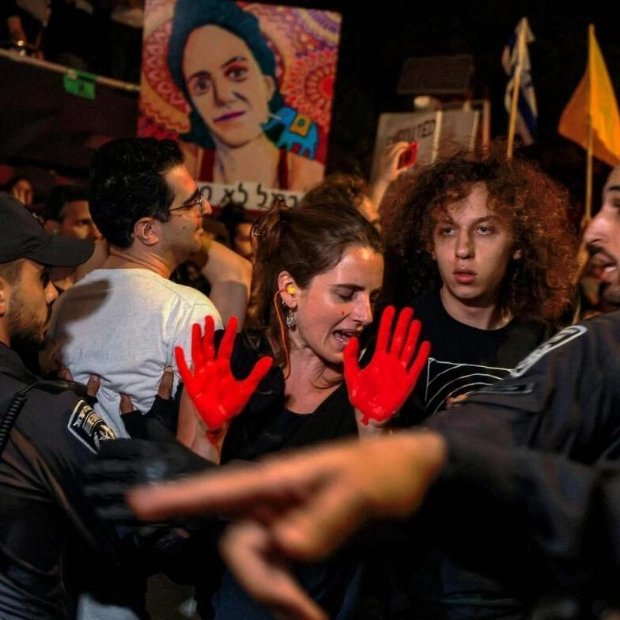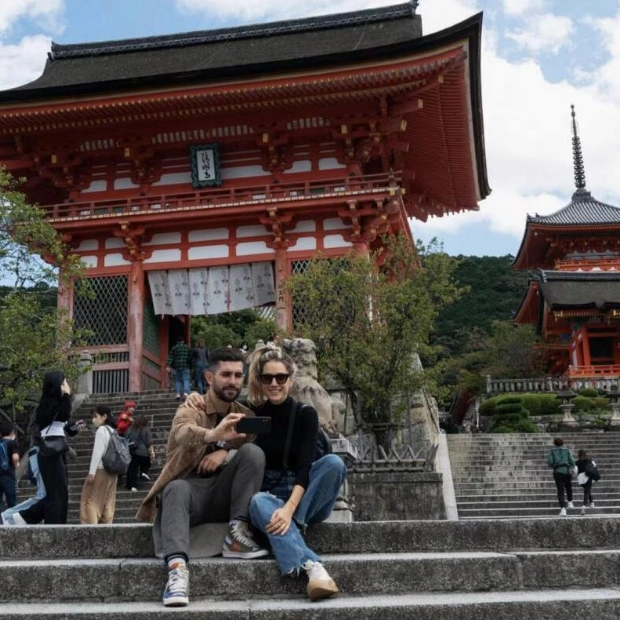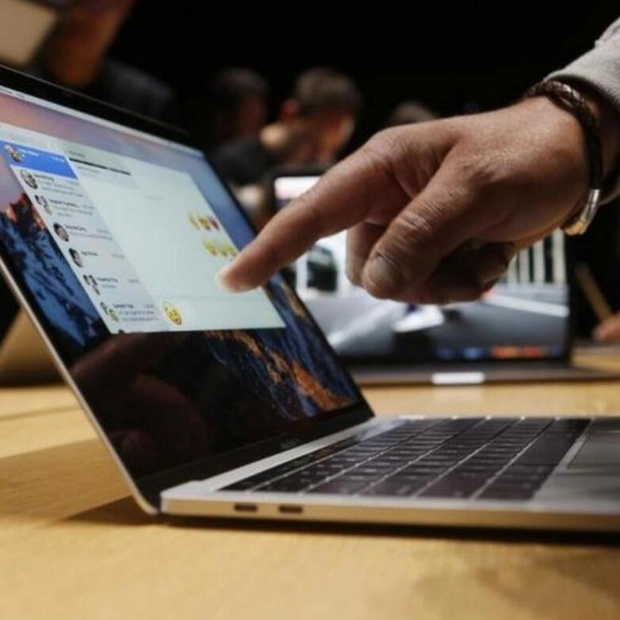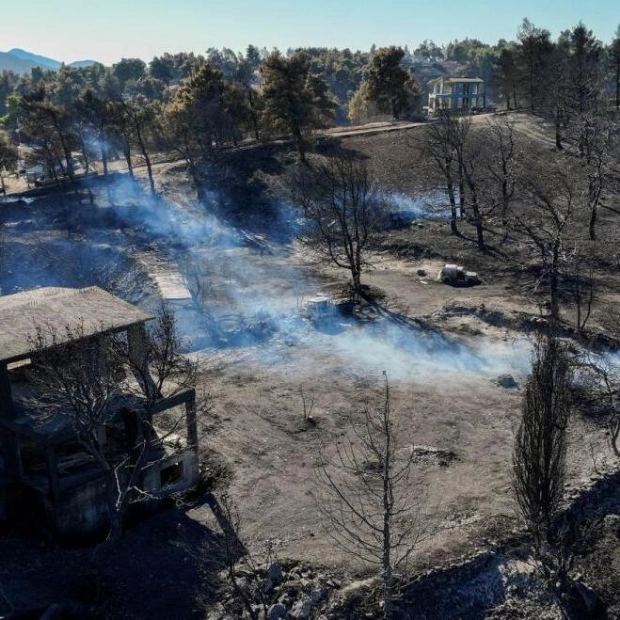Bangladesh has announced the restoration of internet services, stating that conditions are returning to normalcy following the cessation of student protests against job quotas that resulted in nearly 150 fatalities this month. The protests, which started in educational institutions last month, escalated into nationwide demonstrations that left thousands injured. Security forces responded with a crackdown, imposing a curfew, deploying army patrols, and suspending internet services to curb the violence.
The foreign ministry confirmed in a statement on Sunday that 'broadband and mobile internet connectivity has been restored with full functionality by now.' It also noted that 'other forms of communications, including land-based and mobile telecommunications, were functional through the entire period of unrest and violence.' The government assured international partners that the situation is normalizing due to 'timely and appropriate measures taken by the government and the people.'
International bodies such as the United Nations, human rights groups, the US, and Britain criticized the use of force against protesters and urged Dhaka to protect the right to peaceful protest. Critics argue that Prime Minister Sheikh Hasina's administration has become more autocratic over her 15-year tenure, characterized by mass arrests, forced disappearances, and extrajudicial killings, all of which she denies. The protests began in June after a high court reinstated quotas in government jobs, including those reserved for families of veterans of the 1971 war against Pakistan.
Police used rubber bullets, tear gas, and sound grenades to disperse the large crowds. Students halted their protests after the Supreme Court eliminated most quotas on July 21, allowing 93% of jobs to be filled based on merit. The government attributed the 'mostly peaceful and issue-specific students' movement' to non-violent actions, but accused the main opposition Bangladesh Nationalist Party (BNP) and the Jamaat-e-Islami party of instigating violence, a claim they denied. The students ended their protests following the Supreme Court's decision.
Student coordinator Nahid Islam, in a video message from police headquarters on Sunday, declared that 'our main demand for logical reforms to the government job quota system has been met,' and called for educational institutions to reopen. He was among three protesters detained by police while receiving hospital treatment, a move police claimed was for the safety of the protesters.
